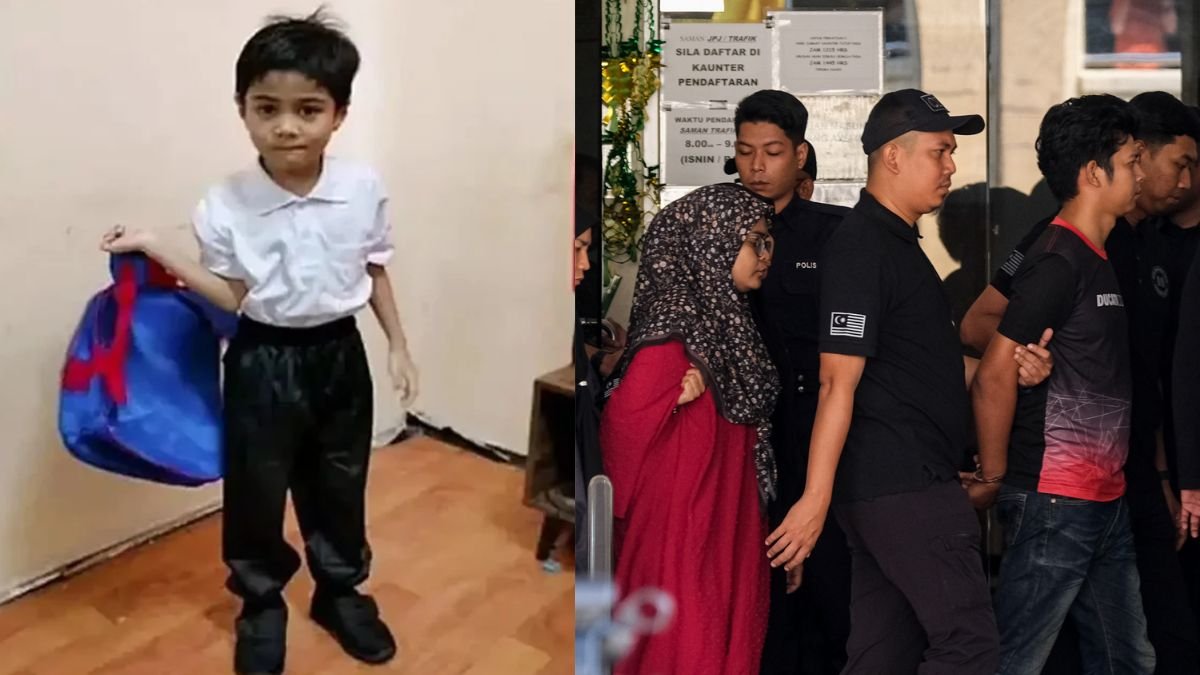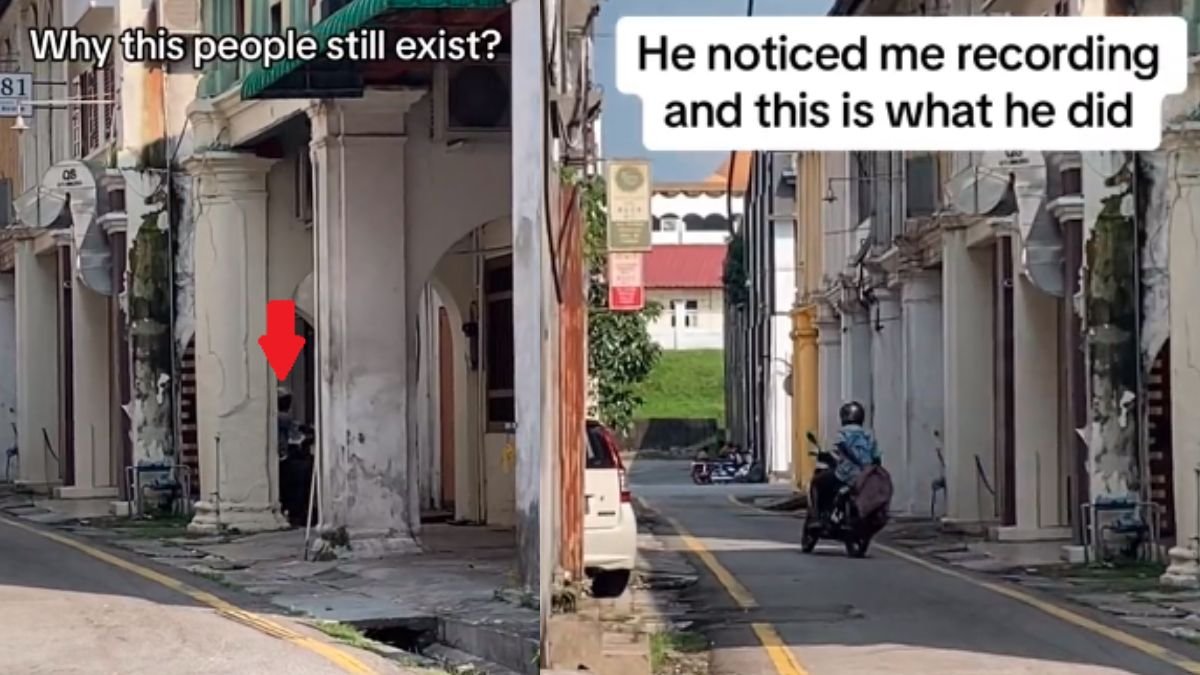With its gleaming skyscrapers, luxury accommodations and world-class shopping malls, the Gulf city of Dubai has attracted many rich and famous people from around the world.
‘Investors’, whether legitimate or dubious, are also attracted to the city’s real estate market because regulations are considered lax.
However, a series of property records leaked to a consortium of journalists has offered a rare insight into Dubai’s property market.
Malaysiakini learned from this that more than 300 Malaysians are listed as property owners in Dubai and they collectively own over 500 properties in the city.
This includes properties in the tallest structure in the world, the Burj Khalifa, alongside Bollywood star Shilpa Shetty and British stars David and Victoria Beckham.
At least six properties linked to Malaysia are also located on the famous Palm Jumeirah, where the Beckhams and actor Shah Rukh Khan own holiday homes.
Malaysiakini has independently verified some of the data revealed by notable Malaysian owners by confirming it with official government documents and other sources.
Checks revealed that most of the notable persons were high-profile businessmen, while no well-known politician or his associates were found on the list.
Of the 500 properties linked to Malaysians, more than 300 are classified as residential properties by economists at the EU Tax Observatory and Norway’s Centre for Tax Research, who worked on the leaked data separately.
Economists at the EU Tax Observatory and the Norwegian Tax Research Centre, who separately processed the leaked data, classified more than 300 of the 500 properties linked to Malaysians as residential properties.
From this, economists estimated that Malaysian residential properties found in the leaked data would be worth US$160.9 million (RM710 million) in 2022.
Their analysis did not include non-residential properties such as shops, offices and labour camps due to concerns about the quality of data on non-residential properties.
Also taking into account other properties not included in the leaked data, economists estimate that Malaysian-owned residential properties across the city are worth a total of US$320 million (RM1.5 billion).
They made this estimate by complementing leaked data with various confidential and open sources.
Malaysiakini’s own examinations of the same data (including non-residential properties) found that the records of around two-thirds of Malaysian owners are linked to an Emirati ID, suggesting they are residents in the United Arab Emirates in some capacity.
In total, economists found more than 218,000 foreign residential properties in Dubai, worth US$160 billion (RM755 billion), in the leaked data.
What is Dubai Unlocked?
The real estate data at the center of the project comes from a series of leaks of more than 100 records. Most of the data comes from the Dubai Land Department and public owned utility companies, mainly for 2020 and 2022.
The Center for Advanced Defense Studies (C4ADS), a nonprofit organization based in Washington, DC, has obtained the data.
The data includes the owner of each property, as well as other identifying information such as date of birth, passport number and nationality. In some cases, the data referred to renters and not owners.
It was then sent to the Norwegian financial institution E24 and the Organized Crime and Corruption Reporting Project (OCCRP), which coordinated an investigative project with dozens of media outlets worldwide.
The collaboration with Dubai Unlocked includes 74 media companies in 58 countries.
The global investigation has uncovered a wide range of shady individuals owning properties under their own name in Dubai, including Australian cocaine traffickers, relatives of African dictators and a coterie of sanctioned Hezbollah financiers – even though a basic risk assessment would have raised some red flags.
The global investigation has uncovered a host of shady individuals with properties under their own names in Dubai, including Australian cocaine traffickers, relatives of African dictators and a group of sanctioned Hezbollah financiers, although an assessment of the basic risks would have raised some red flags.
“Corrupt actors and politically exposed individuals avoiding public accountability use secrecy jurisdictions like the UAE to hide assets in plain sight,” said Maria Giuditta Borselli, a portfolio manager at C4ADS.
Denise Sprimont-Vasquez, a Portfolio Manager at C4ADS, said: “these kinds of investigations are key to understanding how we can increase transparency for governments enabling illicit activity”.
UAE officials did not respond to reporters’ questions, but its embassies in Britain and Norway sent a statement saying the country takes its role in protecting the integrity of the global financial system “extremely seriously”.
“In its continuing pursuit of global criminals, the UAE works closely with international partners to disrupt and deter all forms of illicit finance,” the statement added.
“The UAE is committed to continuing these efforts and actions more than ever today and over the longer term.”




